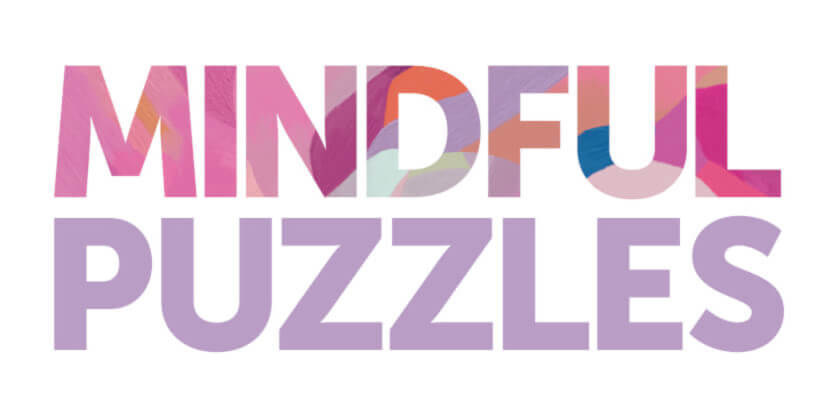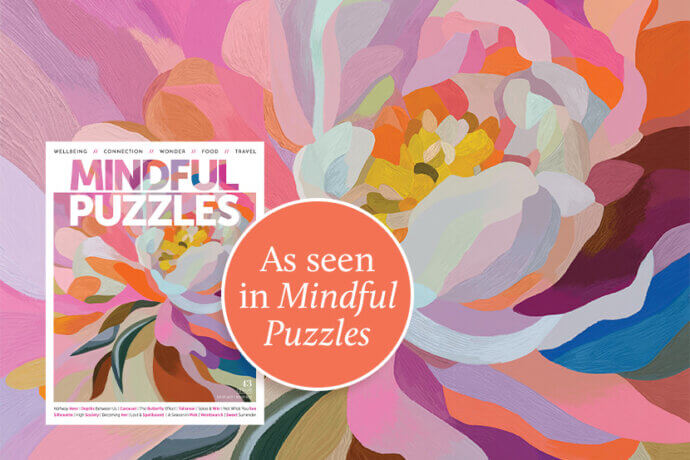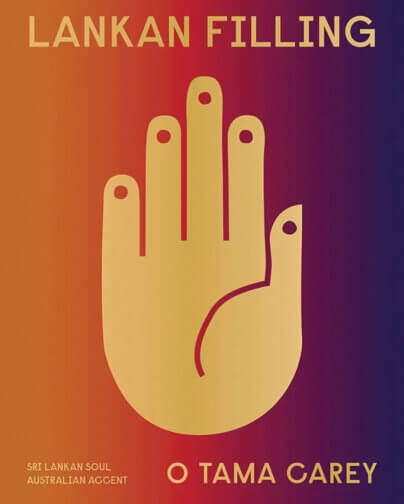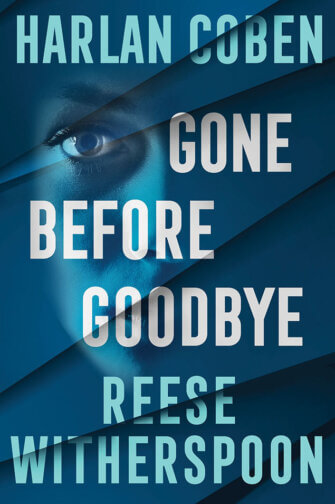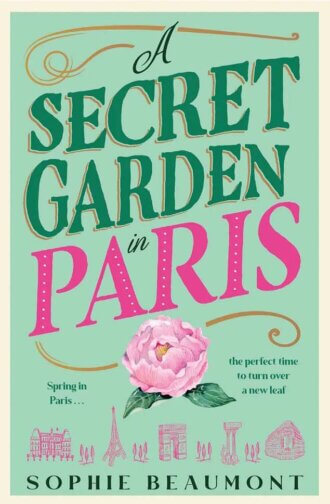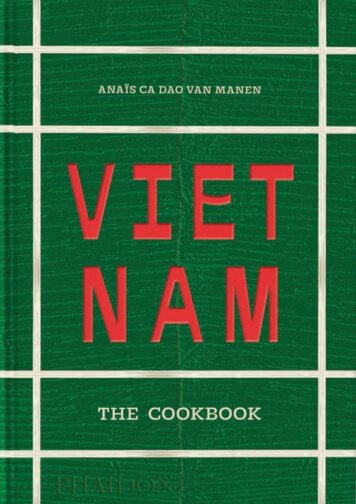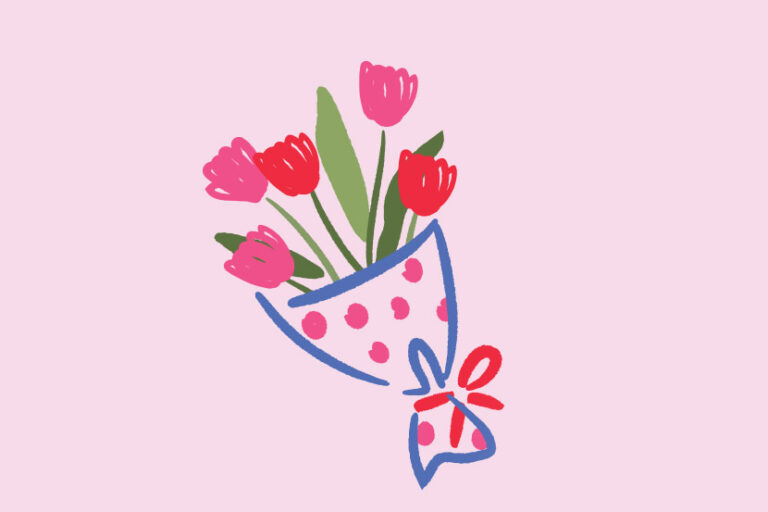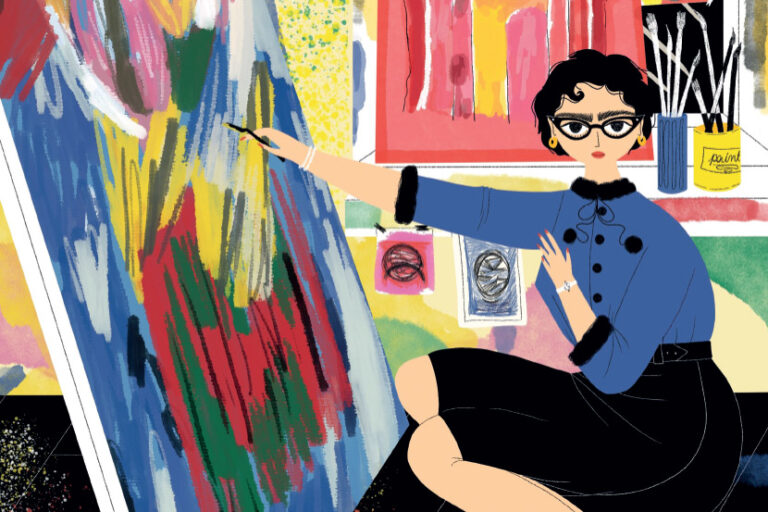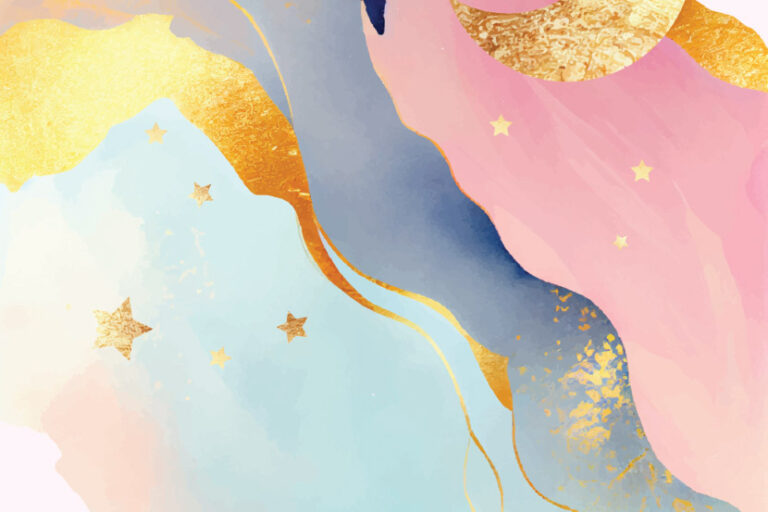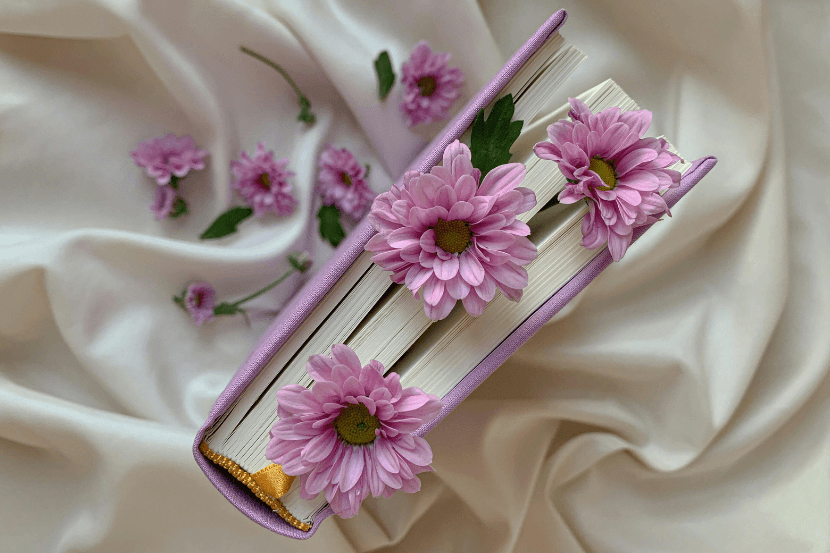
Explore the timeless allure of Shakespeare's plays through the enchanting lens of the botanical world he celebrated.
Discover how the vivid flowers in A Midsummer Night’s Dream and Romeo and Juliet continue to captivate and inspire, bridging the centuries with their universal themes of love, remembrance, and identity. Join us on a journey through the lush gardens of Shakespeare’s words.
Timeless tales: Shakespeare’s evergreen world
Although Shakespeare wrote his plays over 400 years ago, in some ways the world he wrote about has hardly dated. For instance, the plants he referred to in his plays are the same ones we’re familiar with today.
Shakespeare’s botanical love spells
In his A Midsummer Night’s Dream, Oberon tells Puck to squeeze the juice of a flower onto the sleeping lovers as a love potion:
“Yet marked I where the bolt of Cupid fell:
It fell upon a little western flower,
Before milk-white, now purple with love’s wound,
And maidens call it love-in-idleness.”
Heart’s-ease: A flower by many names
The flower he’s referring to is the pretty viola tricolour, known as heart’s-ease, which sounds more like an angina medication. Maybe the name came from its supposed potency in love charms. It’s also known by the delightful names butterfly flower, wild pansy, kiss-me-quick, kiss behind the garden gate, love-in-idleness, three faces under one hood, and Johnny-jump-up.
Pansies: Thoughts & remembrances
The viola is a relative of the pansy. The name pansy comes from the French word penseé which means ‘thought’, probably because the pansy looks like it has a face. When a bouquet of pansies is given to you, it means, “I’m thinking of you.”
In Hamlet, Ophelia says:
“There’s rosemary, that’s for remembrance: pray you, love, remember.
And there is pansies, that’s for thoughts.”
These pansies look like little men with moustaches.
The essence of identity: Shakespeare’s famous floral metaphor
Of course, perhaps the most well-known reference to a flower in Shakespeare’s work is this oft-quoted line from Romeo and Juliet in Act 2 Scene 2:
“What’s in a name? That which we call a rose
By any other name would smell as sweet;
So Romeo would, were he not Romeo call’d,
Retain that dear perfection which he owes
Without that title.”
Here Juliet is saying that even if a rose was called something else it would still have its lovely scent, and so it is the flower, and not its name, that is important. Likewise, if Romeo were not a Montague (her family’s great enemy) he would still be who he is.
What are your favourite flower references in Shakespeare’s works?
This article was originally published under the title Shakespeare & flowers on LovattsPuzzles.com, home of our puzzle publications. You can read more thoughtful articles like this one here.
